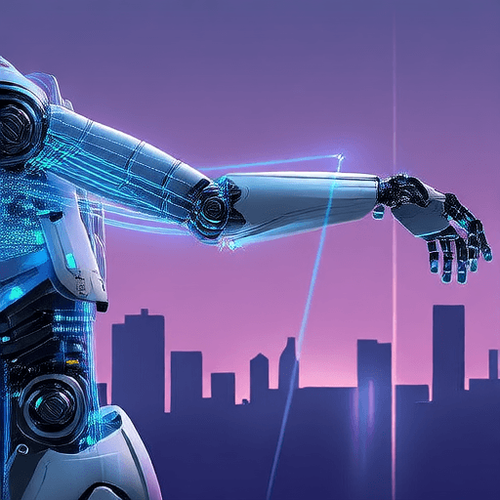AI agents: from co-pilot to autopilot

The AI Report
Daily AI, ML, LLM and agents news
The Rise of Agentic AI: From Co-Pilot to Autopilot
Artificial intelligence is rapidly evolving, shifting from a "co-pilot" assisting humans to an "autopilot" capable of performing complex tasks autonomously. This new phase is driven by "agentic AI," powered by large language models (LLMs) and other advanced AI technologies like predictive, vision, and conversational AI.
Agentic AI agents can analyze data, learn, make decisions, plan, automate, and execute goals without constant human intervention. They can even collaborate and check each other's work, promising improved quality and reliability.
Hype vs. Reality: Where Are Agents Today?
While the potential is vast, AI agents are not yet fully autonomous. Experts emphasize a "significant gap" between the hype and the current reality. Most agents operate at levels requiring human oversight or intervention (similar to autonomous cars at levels 2-3), with full autonomy in complex, varied domains remaining theoretical. However, specialized agents are reaching higher levels in defined areas.
Putting Agents to Work: Functional Applications & Benefits
AI agents are proving valuable across numerous business functions, driving efficiency and savings. Companies using Level 3 LLM agents report significant time savings (12-30% in customer service, 30-90% in internal operations) and revenue increases (9-21% in sales/marketing). These agents are especially effective at automating mundane, repetitive tasks, freeing up human employees for more creative and strategic work.
Key application areas include:
- Customer Service: Evolving beyond simple chatbots to responsive, data-driven assistants.
- Coding: Accelerating development and improving quality through natural language interfaces.
- Marketing: Enhancing targeting, campaign management, and data analysis.
- HR: Streamlining hiring, scheduling, and retention efforts.
- Finance & Law: Aiding in trading, fraud detection, contract drafting, and case analysis.
- Manufacturing & Logistics: Optimizing processes, monitoring equipment, and enabling autonomous vehicles.
Navigating the Challenges
Adopting AI agents isn't without hurdles. Enterprises face issues with incompatible data, lack of standardization for multi-agent systems, and significant trust concerns related to job displacement, financial risks, and potential for unintended actions. Cybersecurity risks also increase with more autonomous systems. Ethical considerations, such as predicting/manipulating consumer behavior, are paramount.
Successful Adoption Strategies
To succeed with AI agents, focus on clear business needs first. Start simple with automating repetitive tasks. Transparency with employees about AI's role is crucial to build trust and avoid anxiety. Implement strong safeguards and define clear objectives to prevent unintended consequences. Crucially, view AI as a tool to "elevate the worker," not just a replacement for human oversight. Building "AI-native" processes from the ground up offers a greater competitive advantage than simply layering AI onto existing workflows.
Who Wins? Early, Strategic Adopters
AI agents are disruptive, potentially giving "AI-first" startups an edge by integrating agents as virtual workers from day one. Early adopters gain "compounding intelligence advantages" by training agents faster and redefining their business models. Success hinges on clearly defining tasks, success metrics, and limitations. Companies that delay risk being left behind.
Conclusion
AI agents represent a powerful step towards autonomous systems. While challenges exist, particularly around trust and oversight, a strategic, needs-based approach focused on transparency, safeguards, and elevating human capabilities can unlock significant benefits and competitive advantages for early adopters who build AI-native processes.

The AI Report
Author bio: Daily AI, ML, LLM and agents news
